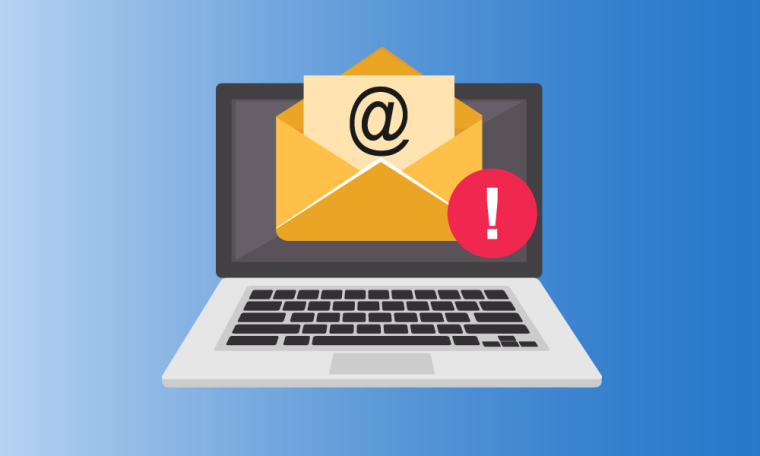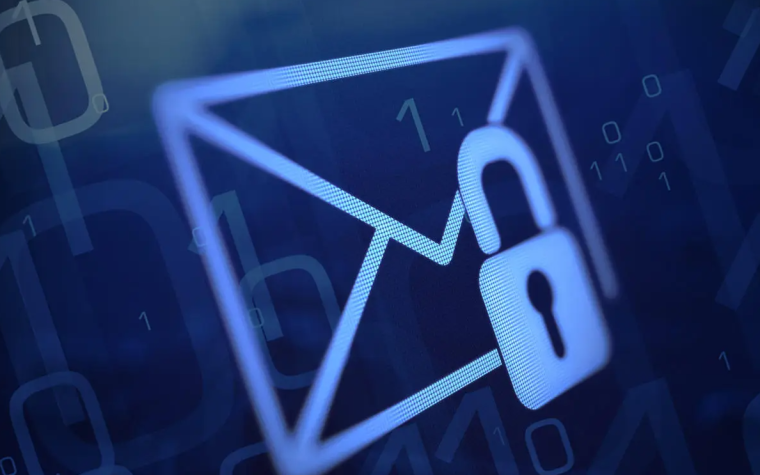When you conduct marketing through email, there are certain trigger words that you must avoid at all costs. These are the words that will immediately resonate with the recipients’ spam filters, and they will flag your campaign as spam or scam. If this happens, your targeted audience won’t even open your email or read about your offering.
For these reasons, creating an email campaign without the trigger words is important, or it will likely fail even before it reaches an actual person.
This guide will show you how to avoid the same pitfall by explaining what trigger words are and how to avoid them.
Email Marketing Statistics
- According to data for 2022, there are around 4 billion daily email users.
- 35% of marketers send 3-5 emails per week to their target audiences, with 4 out of 5 saying that they would rather give up social media than email marketing
- The average click-through rate was 6%
- 5% of all emails sent in 2022 were spam emails
- The most common type of spam is marketing or advertising emails, which account for 36% of all spam emails
What Are Email Trigger Words?
Email trigger words are words or phrases that email providers have marked as red flags. There are hundreds, likely even thousands of them. When they find themselves in an email in a specific context, they trigger the spam alert, preventing the email from reaching the inbox.
From the users’ perspective, this can mean that an unwanted marketing campaign might pass into their main inbox. But, in more serious cases, so can scam emails or emails that contain malicious content. As such, emails with trigger words can be quite dangerous
Why Is it So Important to Avoid Email Trigger Words?

To understand why you must avoid email trigger words, you must first understand spam filters.
As the internet went mainstream and businesses started moving online, they started conducting strong online campaigns, marketing their products and offers directly to customers. It was faster and cheaper and offered better results than printed materials.
Over time, email marketing started becoming more aggressive, trying to provoke recipients into buying, subscribing, and alike. Along the way, spammers and scammers joined as well, seeking to trick people out of their money. Email providers responded to the new situation by developing spam filters — algorithms that scan the upcoming email, their addresses, content, and even the words they use.
The idea was to prevent such content from entering the user’s main inbox and isolate it in the spam folder. Gmail, for example, has one of the most sophisticated spam filters out there, which scans for spoofed email addresses, emails with no content, known phishing scams, unconfirmed senders, and more.
But, when it comes to scanning messages themselves, spam filters always search for trigger words too. We have established previously that trigger words are primarily used by scammers who seek to provoke a reaction and trick people. Over the years, people have lost a lot of money this way, and so did the companies when their employees, unaware of the dangers, opened malicious emails.
According to IBM, the average ransomware breach cost was around $4.54 million in 2022. Meanwhile, the number of ransomware attacks in 2022 was 493.33 million. Furthermore, these attacks have been growing in number for years and will likely continue to do so.
Given the situation, a lot of money was invested in spam filters for corporate and public security. Since scams and malicious attacks via email rely on humans to make a mistake by opening emails and interacting with content inside (photos, links, etc.), scammers and hackers have to use certain words to trick people into doing so.
So, to prevent this from happening, researchers have optimized spam and scam filters to scan emails for such words and flag them once they are detected.
Of course, trigger words are not only limited to scammers and hackers. Legitimate marketing campaigns that seek to capture the attention of their target audience also tend to use these words. But, the spam filter does not differentiate such campaigns, and it flags them all the same.
That is why all email marketers must be aware of this pitfall and avoid using trigger words whenever possible.
List of Email Trigger Words to Avoid
The list of all email trigger words would be long, likely containing thousands or even tens of thousands of words and phrases. As such, we will not make an attempt to provide a list of all trigger words. However, we will provide you with several categories and examples of trigger words and phrases that fit into these categories, so you will have a general idea of what might trigger the spam filter.
Typically, these are phrases that try to invoke urgency, offer certain health benefits, medicine, cures, and treatments. They might focus on finance, promising money, discounts, easy earnings, winnings, and unbelievable investment opportunities. These are commonly accompanied by the use of very vague language and words that overpromise.
With that in mind, we present you with five categories of trigger words:
Urgency and Pressure Words
- Act now
- Apply here
- Become a member
- Buy
- Call
- Claim now
- Click to get
- Don’t hesitate
- Limited time
- Don’t miss out
- Hurry
- Urgent
- Last call
- Great Offer
- Limited offer
Health and Wellness Claims
- All-natural
- Miracle cure
- Guaranteed
- Lose Weight
- Proven
- Breakthrough treatment
- Instant results
- No side effects
- Doctor approved
- Secret formula
- Exclusive deal
- Risk-free
- New discovery
- No hidden charges
- No diet or exercise needed
Financial and Money-Related Words
- $$$
- Affordable
- Cash bonus
- Claim your discount
- Casino
- Double your wealth
- Earn from home
- Earn monthly
- Hidden assets
- Investment Opportunity
- Money
- Profits
- Rates
- Income
- Revenue
Spam, Scam, and Overpromise Words and Phrases
- Dear customer
- Increase sales
- Internet market
- Marketing
- Opt in
- Terms and conditions
- Winner
- This isn’t a joke
- Free trial
- Lowest price
- Free Gift
- Once in a lifetime opportunity
- Incredible deal
- Free Money
- Giveaway
Overly Vague Language
- Offshore
- Dear friend
- Potential earnings
- Around the world
- The best rates
- Near you
- Outstanding value
- Privately owned funds
- Promise you
- Pure profits
- Replica
- Requires initial investment
- Save money
- Special discount
- While you sleep
How to Make Sure Your Emails Don’t Contain Trigger Words
As an email marketer, your job is to create an enticing subject line that will attract the recipients’ attention and make them want to hear what you have to say. However, you must be careful of your wording. Creating an email that doesn’t trigger a spam filter while trying to be engaging seems like an impossible task, and granted, it is not easy.
However, there are things that you can do about it. For example, after creating an email, run a spam check prior to sending it. A spam check could give you an idea about whether your email will be able to pass the filters of your target audience.
Apart from that, practice writing engaging subject lines that do not contain trigger words, and try not to overpromise, make exaggerated claims, create urgency and pressure, or use jargon.
In addition to this, there are certain rules that will help you stay out of spam folders in other ways. For example, try to provide full context in your emails, try to personalize them, and only send them to users who have opted into your emails. Of course, they must also contain a way for recipients to opt-out if they choose to do so. If they do, do not send them future emails; otherwise, they might mark you as spam and potentially even report your address.

